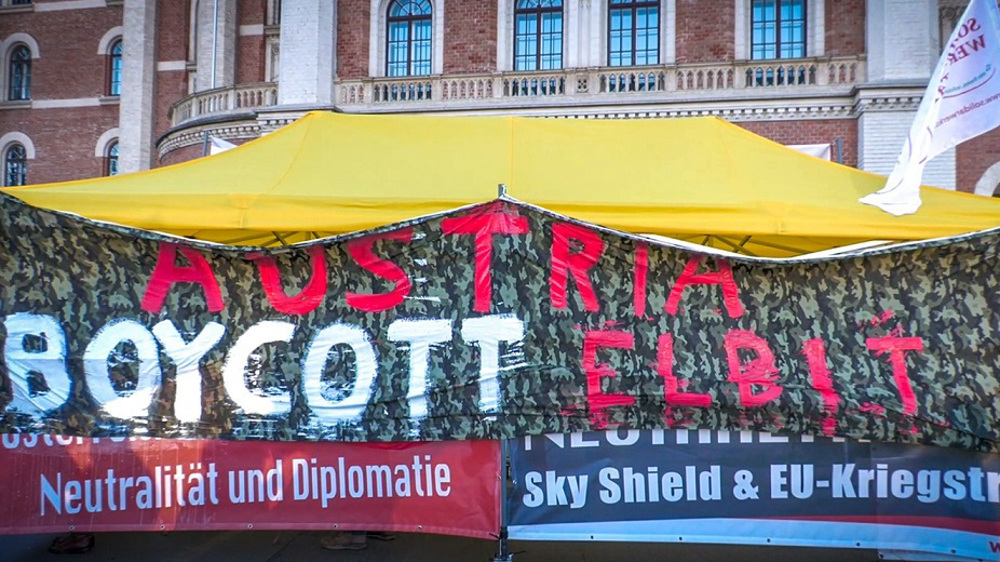France to stick with austerity despite inflation & energy crises
Ramin Mazaheri
Press TV, Paris
Evidence continues to mount that Europe’s sanctions campaign against Russia is exacerbating the euro currency’s persistent, and perhaps structural, economic troubles.
France’s finance minister just released a depressing outlook: this year’s economic growth will be cut almost in half, and remain between just 1.4 and 1.8 percent until at least 2028. The Eurozone’s second-largest economy now looks too weak to drive what many have long-called the world’s most unstable macro-economic bloc.
From 2008 to 2017, the Eurozone’s average annual growth rate was just 0.6%. From 2018 to 2021, the bloc’s growth rate was even worse, at 0.5%, meaning they are on track for a second consecutive lost decade.
Despite the clear failure of austerity policies in producing growth, President Emmanuel Macron will continue with far-right economics in his second term. His finance minister boasted of plans to cut much-needed public spending to a 20-year low, citing a desire to submit to Brussels’ entirely arbitrary 3% rule on public deficits.
This week, the new and deeply fractured National Assembly passed the “Emergency Purchasing Power Bill”, aimed at countering still-rising once-in-generation inflation. At just €20 billion it has been widely criticized as an ineffective and even superficial measure.
France’s government claims that upcoming austerity rollbacks -- planned for the pension and unemployment system -- will actually produce broad economic growth this time.
The European Central Bank is raising interest rates even though the Eurozone is already on the brink of recession. Sanctions and not diplomacy continue to be the destabilising Western choice regarding Ukraine. The long-term economic outlook for France and the Eurozone appears bleak to many.
China ‘firmly opposes’ US military aid to Taiwan
VIDEO | Press TV's News Headlines
President Yoon Suk Yeol to be removed from office
At least 19 Gazans killed by Israeli airstrikes since dawn: Medics
Leader: Iran neither has nor needs proxy forces
US fighter aircraft shot down ‘in friendly fire’ amid aggression on Yemen
Yemeni FM: Israel’s sponsors accountable for ongoing aggression on Sana’a
Eight Palestinians killed as Israel attacks Gaza school, hospitals









 This makes it easy to access the Press TV website
This makes it easy to access the Press TV website